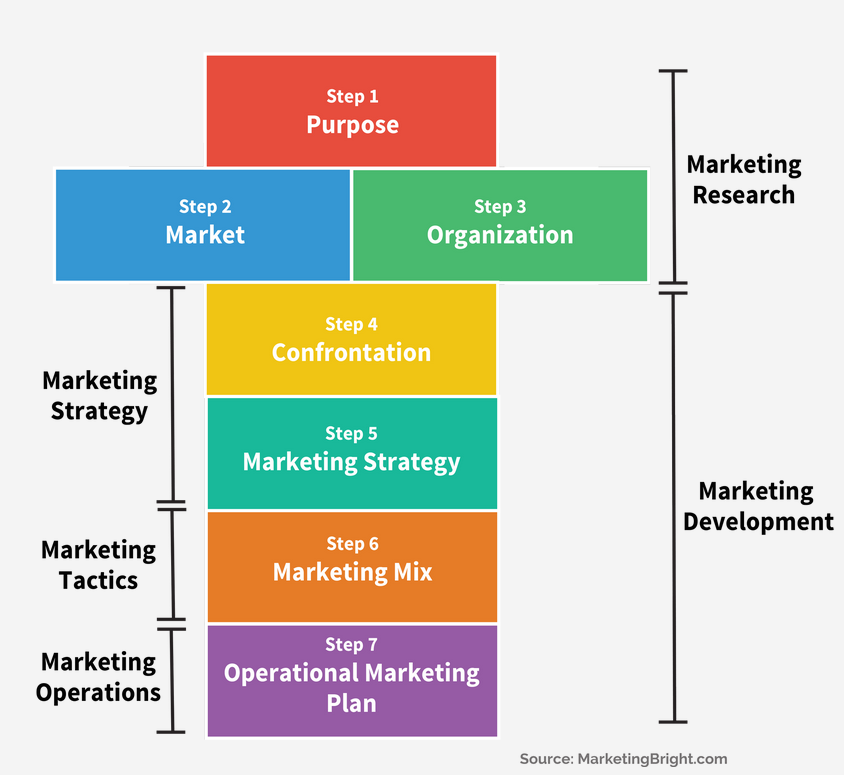Your annual marketing plan is the all-important, over-arching benchmark for your marketing goals for the next 12 months. You have an annual marketing plan, right? About half of all marketers don’t have a clearly defined digital marketing plan and only 37 percent of B2B marketers have a documented content marketing strategy. Here are some useful tips on how to create an annual marketing plan that will set your organization up for a great marketing ROI over the next year. Start with Market Research Market research is one of the biggest obstacles to creating a worthwhile annual marketing plan. This part of your plan contains the current state of the market overall for your products or services, who your competitors are, and where your brand stands within the market. A change in your organization’s market share. When you know where you stand, it’s a lot easier to create practical goal priorities. Set Your Marketing Goals With a nice thick layer of market research and situational analysis, your plan is ready for the goal priorities. It’s where you take each of your three to five goals, decide which strategy to use to reach that goal and then make a list of the tactics you are going to use.

Your annual marketing plan is the all-important, over-arching benchmark for your marketing goals for the next 12 months. It reveals where you are now and where you want to be in a year. It’s your roadmap that identifies priorities, what initiatives from last year you should shed, and both short and long-term expectations, as well as the plan B’s and plan C’s you can depend upon if plan A goes awry.
Most importantly, it helps to keep your organization’s marketing team united by a critical shared vision.
You have an annual marketing plan, right?

If you don’t, you’re not alone. Marketers aren’t exactly known for stellar long-term planning skills. About half of all marketers don’t have a clearly defined digital marketing plan and only 37 percent of B2B marketers have a documented content marketing strategy.
Let’s face it. Without an effective plan, however, it’s impossible to run an efficient ship – or to see things clearly. While you should definitely have your content marketing strategy mapped out, and planning out your digital marketing is also smart, it’s the eagle-eyed view the annual marketing plan provides that will help your team stay on course.
Here are some useful tips on how to create an annual marketing plan that will set your organization up for a great marketing ROI over the next year. Identify your end objectives and start working towards that plan to achieve them.
Start with Market Research
Market research is one of the biggest obstacles to creating a worthwhile annual marketing plan. Basically, it’s a lot of work.
Here’s the thing. It’s the foundation of your entire plan. If you don’t spend enough energy at this step, the rest of your plan may lack depth and your decisions for your marketing mix and strategy may lack direction.

So, put your back into the research to make sure you understand the pain points, motivators, goals and concerns of your current target market – as they are right now. These factors will keep changing, so keep doing your research.
This information isn’t just useful for creating your marketing plan every year. It’s what goes into your regular buyer persona updates and will help your team make smarter tactical decisions.
- Keep your own customer surveys, interviews, and customer feedback at the heart of your research but outsourcing some of the work to a market research firm as well can help you get the depth your organization needs.
- Today, social media and other online communities also are great source of data. You’ll find a lot of qualitative…

COMMENTS